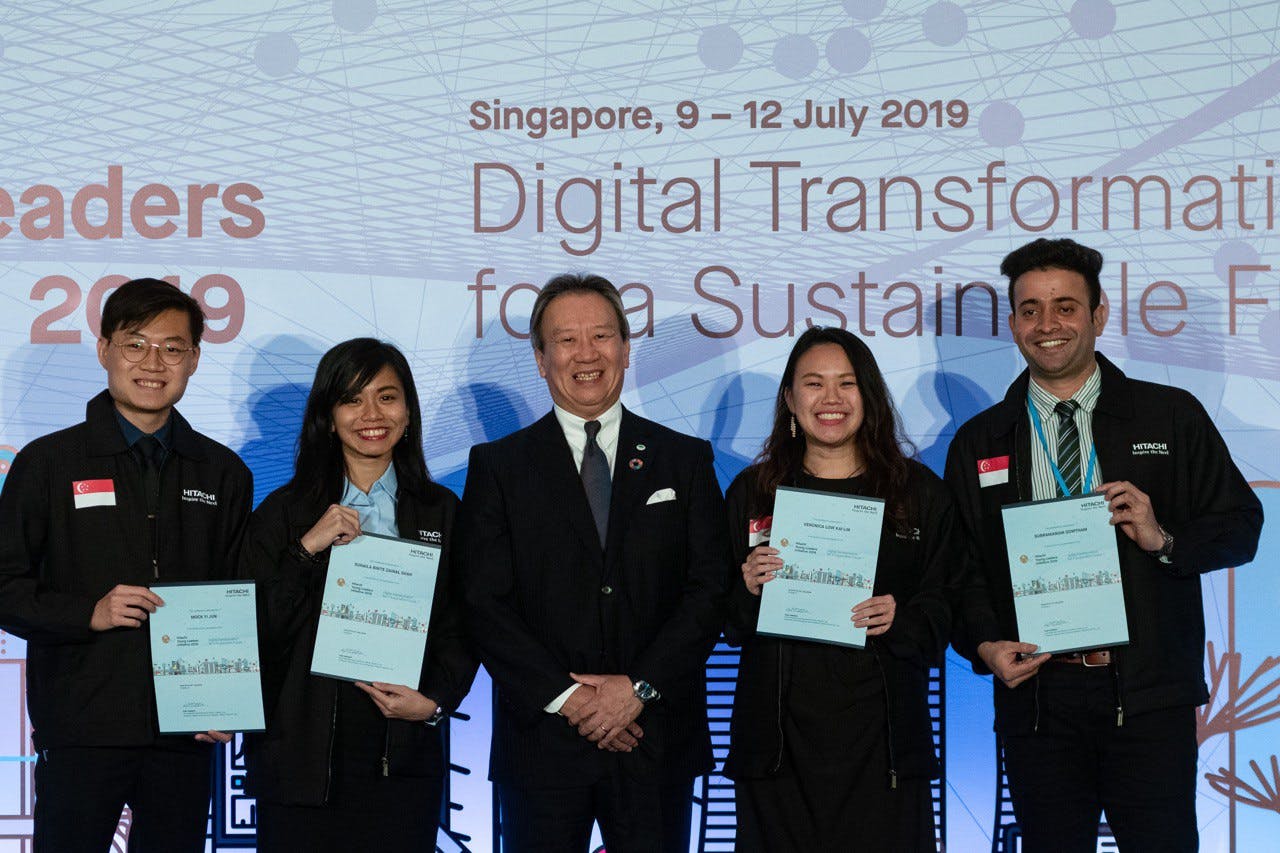Young people in Southeast Asia have shown considerable resilience during the Covid-19 pandemic. Many have been quick to embrace digital working styles, using lockdowns to pick up new skills, and emerging as more creative and ready to grasp opportunities in a post-pandemic world.
Border closures, however, have prevented these youths from forging stronger ties with their counterparts in neighbouring countries. Veronica Low, founder and president of the Asean Business Youth Association (ABYA), said that the idea of setting up a youth-oriented platform came about when she realised that there was a gap in initiatives that could empower youths and facilitate the exchange of ideas among them.
Low founded ABYA amid the pandemic with six other friends. Asean is projected to be the world’s fourth-largest economy by 2030, and the association aims to help young people in the region become more business-savvy, and gain a foothold in a world that is changing rapidly.
Low said that it was through attending the Hitachi Young Leaders Initiative (HYLI) in 2019 that she learnt the importance of building connections and community with like-minded people. Cross-border collaborations can give rise to greater solutions, she said.
HYLI is Hitachi Asia’s flagship youth development programme. It brings together university students from eight countries in Asia-Pacific to discuss regional and global issues centred on a chosen theme. Through the platform, youth leaders are given a chance to interact with government officials, academics and leaders from the business and non-governmental sectors.
Low also works in professional services firm Deloitte’s Digital Transformation Team. Her day job as a business analyst taught her that it is vital to stay current with new technological trends and adapt to new changes, she said.
In this interview, Low tells Eco-Business about how youths can engage with the global digital transformation, the importance of social innovation in the time of the pandemic, and why she believes in connecting youths in Asean.
How have you seen technology transformation and youth engagement intersect to bring about impact, especially during the pandemic?
Digital transformation might seem like a buzzword nowadays, but it is an important topic for youths, as the pandemic has brought many processes online. Technological innovation can help improve these processes, and reduce the time people spent at work, or help them use their time more effectively, so they can pursue more meaningful causes.
In the tech industry, youths that are more technologically inclined can think about building products that fulfil new needs. Otherwise, there are many non-tech opportunities in the industry as well. For example, as a business analyst, I collect information on our users’ needs. The ‘tech’ and ‘non-tech’ aspects of my work are both important.
One platform that I often use is DevOps. It is an evolving philosophy and framework centred on the needs of users, and this software engineering methodology lays an overview for business analysts, developers and other stakeholders in a team, to understand what is happening. It demonstrates that focusing on collecting user requirements or creating compelling and accurate user stories are useful skills too. Youths who are not tech-savvy would be able to do that.
After the abrupt shift to remote working, we also realised how newer methodologies that are used in the tech industry, such as Agile and Scrum, both project management frameworks that are more iterative, can help us work more effectively and teach us how to adapt to changes. The traditional approach is Waterfall, where tasks are handled in a more linear way, and where projects have fixed timelines.
Could you tell us more about your experience of setting up the Asean Business Youth Association (ABYA)?
Within the short span of a year, the organisation has reached over 3,000 individuals through its various programmes. I did not expect the organisation to grow to such a scale. This must mean that there was a real need for it, for youths in the region to connect and collaborate.
One key takeaway from the venture is how important it is to adapt to changes. Our discussions started pre-pandemic, and we only launched the association during the pandemic itself. We had to adapt to the new normal and find more innovative ways to allow youths to connect across borders.
We also cannot always assume that what the youths need now will be what they need in the future. We focus on bottom-up approaches, such as gathering feedback and conducting focus group discussions, to know more about what the youths need, and to keep our processes current.
ABYA provides a platform for youths to upskill themselves and during the pandemic, it has helped some youths secure jobs in different industries, by getting them to work on projects and gain more real-world experience. For example, a former team member who had joined us as a marketing executive has since gone on to secure a job in the same field. The skills and experience picked up from the stint had helped.
Youths who engage with ABYA’s programmes will become more informed about global affairs and have the opportunities to work with an international team, learn communication and management skills. They also have access to a network of mentors already working in the environmental, social, governance (ESG) sector.
Why did you decide to establish ABYA in the first place?
As an alumni of the Hitachi Young Leaders Initiative (HYLI), after going through the fulfilling experience of meeting other like-minded youths in 2019, I realised that there was a lack of youth-oriented organisations in Singapore that allow us to connect with others in the region. Asean is projected to be the fourth-largest economy by 2030, so there are many opportunities for growth, and this can be accelerated with more collaborations in the region.
ABYA focuses on three main pillars — political, economic and cultural development — to develop future Asean leaders. We want to help the youths find their foothold in an ever-changing world.
How was your experience at HYLI?

Veronica Low (second from right) with her team at the Hitachi Young Leaders Initiative 2019.
The HYLI programme allowed me to meet youths who are leaders in their own countries, and are passionate about driving positive impacts in their countries and Asean at large.
By the end of the conference, we had to propose an idea to solve a problem statement that HYLI gave us. My team worked on the theme ‘Youth Opportunities in Asia’ and we proposed to develop a mobile application for youths to have easy and free access to educational resources. The app would include lessons, quizzes, resources and games, and users could play them while acquiring knowledge. It was intense but fun to work together to deliver solutions. Till today, our team is still close-knitted and we keep in touch.
What are some of the other problems that young people have faced in the pandemic and how can technological innovations help?
During the pandemic, many youths faced difficulties in securing full-time jobs. Gamification tools, a technological solution that is aligned with what we proposed at HYLI 2019, can help youths upskill themselves. These tools are also interactive and can help connect youths from across countries so they work with youths from different regions.
I was surprised to find our proposed idea being implemented by Malaysian universities. The application that they are using has a reward system and students gain points through volunteering or taking on leadership roles. Potential employers can access the portal to look at student profiles. This makes for a more holistic education system.
If you could offer fellow student leaders some words of advice, what would they be?
Everything is online now because of the pandemic so there might be little in-person interaction, but seize the opportunity to get to know one another. Do not be afraid to reach out to fellow delegates because you never know where that connection may lead you to.
Create moments together, and don’t be afraid to try new things and propose new ideas. Make the most of all the opportunities.
The theme for this year’s HYLI is Social Innovation in the New Normal. The event will be held from 18 to 21 July.













